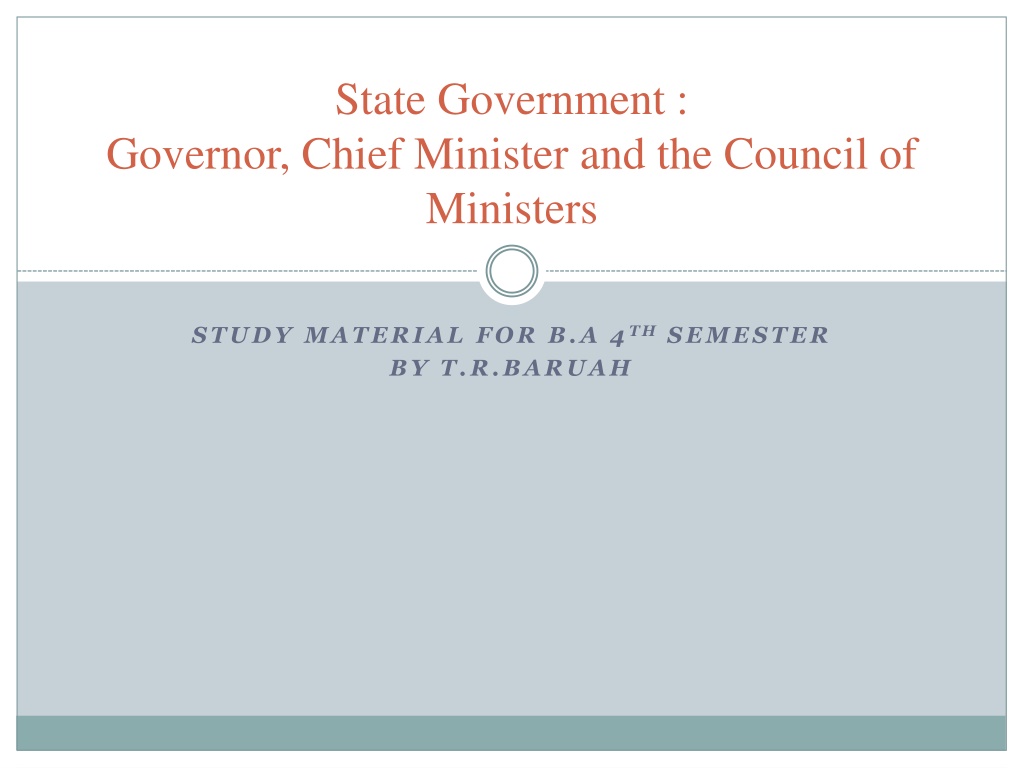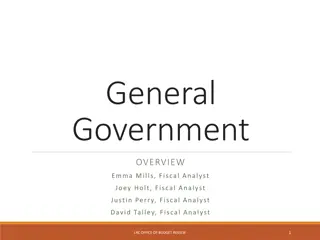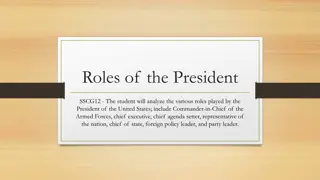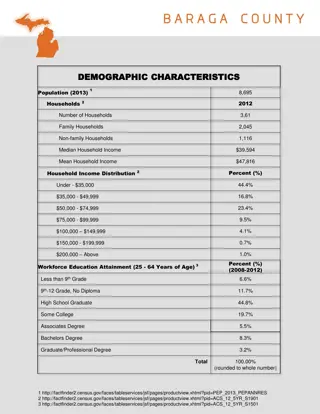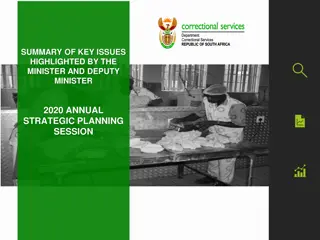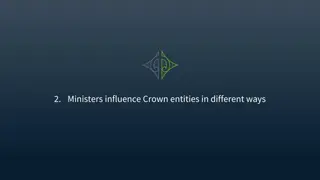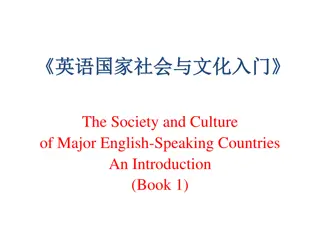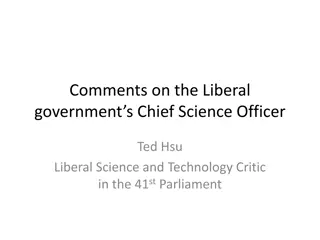Role of Governor, Chief Minister, and Council of Ministers in State Government in India
The Governor, Chief Minister, and Council of Ministers play crucial roles in the state government of India. The Governor acts as the constitutional head of the state, exercising executive, legislative, financial, judicial, and discretionary powers. The Chief Minister leads the Council of Ministers responsible for running the state's administration. Together, they manage the affairs of the state and ensure governance as per the constitution.
Download Presentation

Please find below an Image/Link to download the presentation.
The content on the website is provided AS IS for your information and personal use only. It may not be sold, licensed, or shared on other websites without obtaining consent from the author. Download presentation by click this link. If you encounter any issues during the download, it is possible that the publisher has removed the file from their server.
E N D
Presentation Transcript
State Government : Governor, Chief Minister and the Council of Ministers STUDY MATERIAL FOR B.A 4THSEMESTER BY T.R.BARUAH
Role of the Governor at a Glance: At present there are 29 states in India. In the political set-up of the country they enjoy equal status. The government of a state in India is run according to the constitution of our country. Constitution has provided for parliamentary form of government for the Union as well as in the States. In India the States have no constitution of their own. The administrative set up of the State is almost similar with the Central Government. The Governor is Head of a State in India. According to Article 155 of the Constitution Governor is appointed by the President. He is a constitutional head of a state but in reality he is an agent of the Central Government. Generally he is appointed for a period of 5 years but it may be extended or he may be dismissed earlier. The Executive powers of the states are vested upon the Governor in a state but as he is a constitutional head all his powers are exercised by the State council of Ministers headed by the Chief Minister. So the powers and functions of the Governor means the powers and function of the Council of Ministers.
Powers and functions of the Governor: The powers and functions of the Governor may be discussed under the five heads-Executive, Legislative, Financial ,Judicial and Discretionary powers. Executive Powers : 1.All executive actions of the state government are taken in his name. 2.He appoints the Chief Minister and on the advice of the Chief Minister he appoints the other ministers to constitute the Council of Ministers. 3. Governor appoints the high officials like the Advocate General, Chairman and the members of the State Public Service Commission. 4. When the President declares emergency in a state under Article 356 ,the Governor acts as the agent of the Union Government. 5. The Governor acts as the Chancellor of the State Universities. Legislative Powers: Governor is not a member of the State Legislature but he is an integral part of it. He has enormous legislative powers- 1.He summons and prorogues the State Legislature. He can dissolve the State Legislature at any time. 2.He may nominate one member to the State Legislative Assembly from the Anglo Indian Community if there are Anglo Indian people in the State. contd
3.The Governor may address either House or both the houses assembled together and may send message to them. 4. The bills passed by the State Legislature must get the assent of the Governor. He may give his assent , or withhold it ,or return a non money bill for reconsideration. 5. When the State Legislature is not in session than the Governor may promulgate or announce an ordinance to meet an urgent situation. Financial Powers: The Governors of the States are vested with enormous financial powers- 1.Firstly- no Money Bill can be introduced in the State Assembly without the permission of the Governor. 2. Secondly for the preparation of the Annual Budget (which is also called the Annual Financial Statement) and to lay it before the House the Governor is responsible. 3.Thirdly Money Bills must be assented by the Governor .This is very important power enjoyed by the Governor to get information about the financial condition of the State .
Judicial Powers: The Governor enjoys personal immunity from all civil and criminal proceedings during his term of office. Apart from it some of the judicial powers of the Governor in a State are- 1.He regulates the promotion and transfer of the Judges of the High Court. 2.He has the power of granting pardon to the persons convicted by the Courts of Law. 3.He can suspend the execution of a person sentenced to death, but he can not grant him pardon. Discretionary Powers: Regarding the exercise of discretionary powers the Governor is not required to act on the advice of the Council of Ministers. 1. He reports the President regarding the breakdown of constitutional machinery in a state at his discretion. 2.He may send any bill for the consideration of the President if it is in conflict with a law or policy of the Union Government. 3.If no party is in a position to claim absolute numerical majority in the State Election than he may use his discretion in selection of the Chief Minister.
4. During the time of proclamation of State Emergency in a State the Governor acts at his discretion. 5. He can dissolve the Legislative Assembly on the advice of defeated or non defeated Chief Minister . He can exercise his discretion in this regard also. 6. The Governor of Assam has discretionary powers regarding the administration of tribal areas of the state. The Governor can not exercise his discretionary powers when the State Council of Ministers is supported by the majority of the members of the Legislative Assembly. it clear that he is only a nominal head. Only when the Governor acts at his discretion ,he then becomes a real administrator. During emergency period he acts as the agent of the President of India. He is the connecting link between the Central Government and the State Governments. Though he is a nominal head but as the constitutional head of the state ,it is his duty to guide the Council of Ministers in the right path. At last the position of the Governor depends upon his personality o a great extent. An analysis of the powers and functions of the Governor makes continued ..
